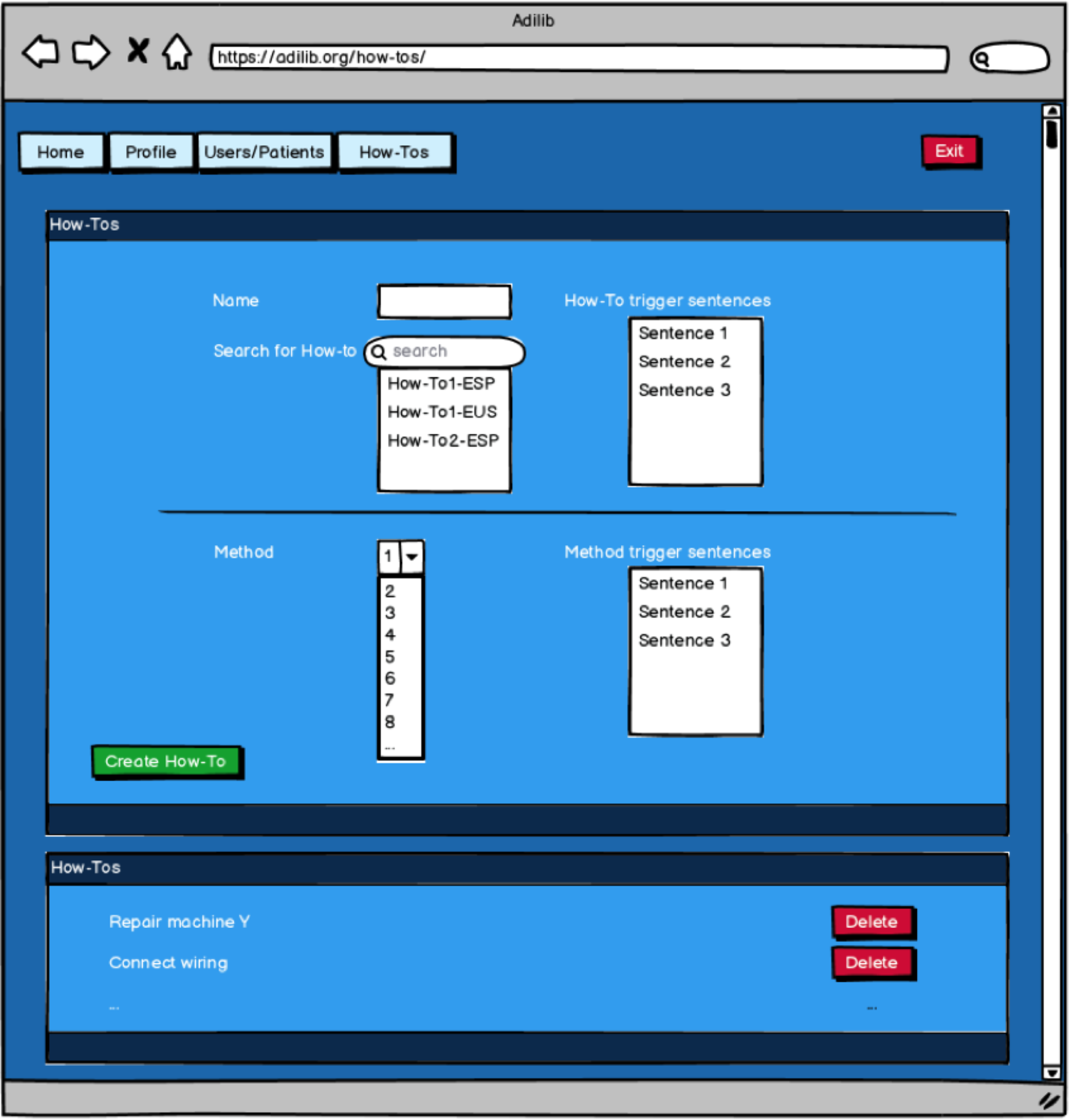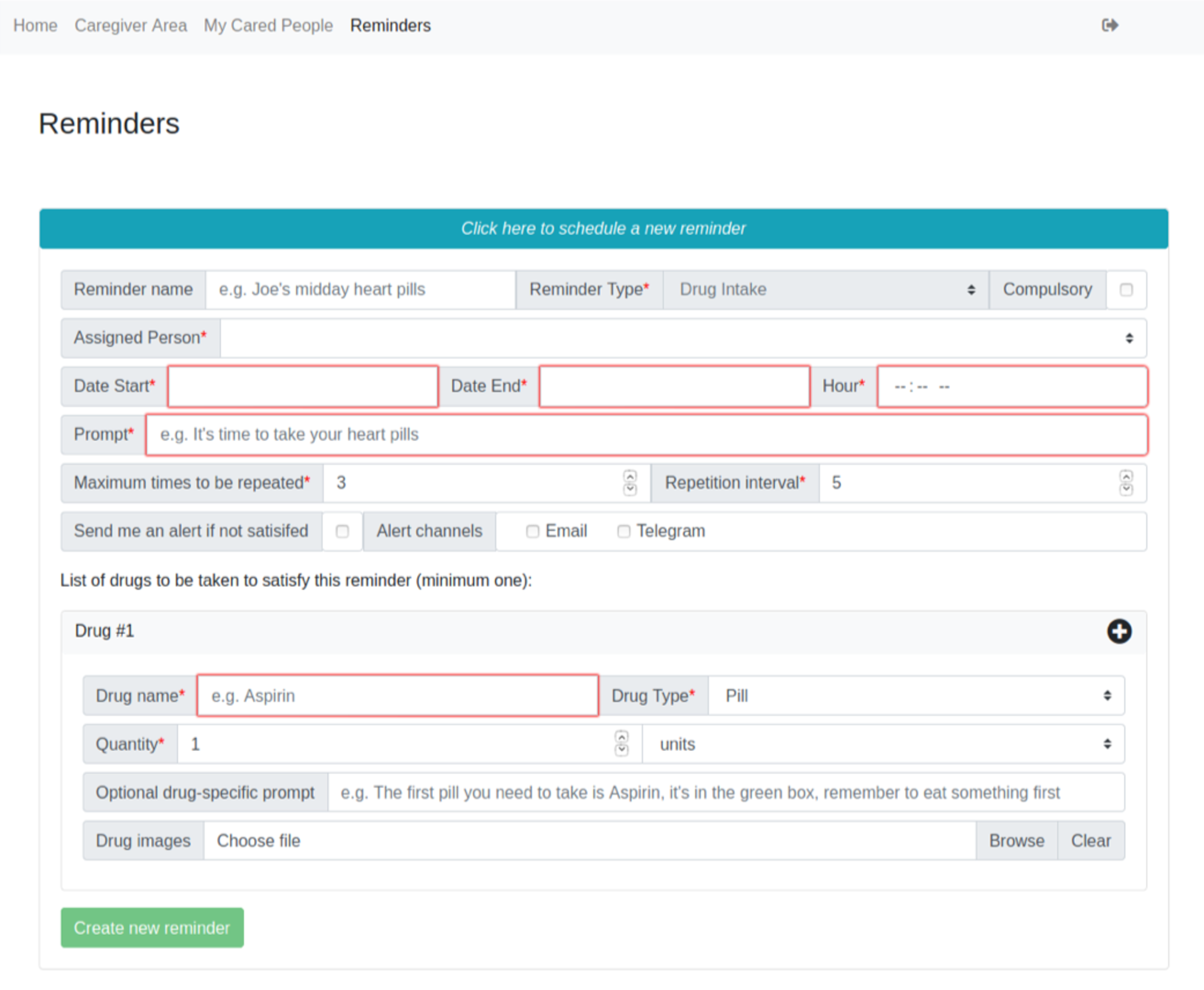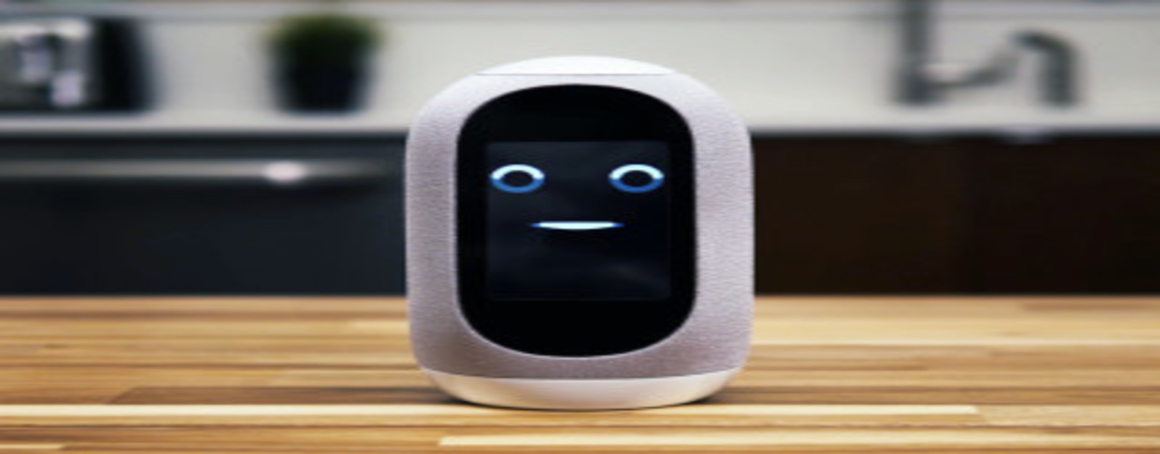Voice Assistance in-Home for people with Mild Cognitive Impairment and respective carers
Alongside well-known digital assistances (e.g., Alexia, Siri, Google), Vicomtech is developing a user-friendly interaction mechanism based on Automatic Speech Recognition and Natural Language Processing. This new eHealth solution works as a digital voice assistant, empowered by a caregiver administration panel (Web Interface) and a smart speaker.
Under one of the SHAPES Pilot Theme 5, a group of SHAPES partners is deploying an intervention study to evaluate the use of digital voice assistance to improve the cognitive, social and physical quality of life of older persons with Mild Cognitive Impairment (MCI), but also its potential to reduce the psychological burden of informal caregivers. Outcomes such as quality of life, daily life activities, technology usability/acceptance and caregiver burden will be measured pre- and post-intervention.
The digital solution will be installed in older persons’ home, providing four (4) “skills for care”:
- reminders with instructions for certain events (medicines’ intake; social and familiar events; medical appointments);
- follow-ups with a set of pre-programmed questions and expected answers for assessing different topics (e.g., emotional mood, physical activity);
- how to, pre-programmed lists of instructions for daily life activities, that could also be connected with Internet servers and provide external information;
- questionnaires which are similar to follow-ups, but not periodic, nor interactive.
These features are being adapted to reduce face-to-face visits of the research team, and with that reducing possible Covid-19 contagion.
This digital voice assistance will increase the ability of older persons with MCI to live autonomously and independently in their own homes and communities for a longer time, benefiting from a more digital supported and person-centred caregiving approach.




